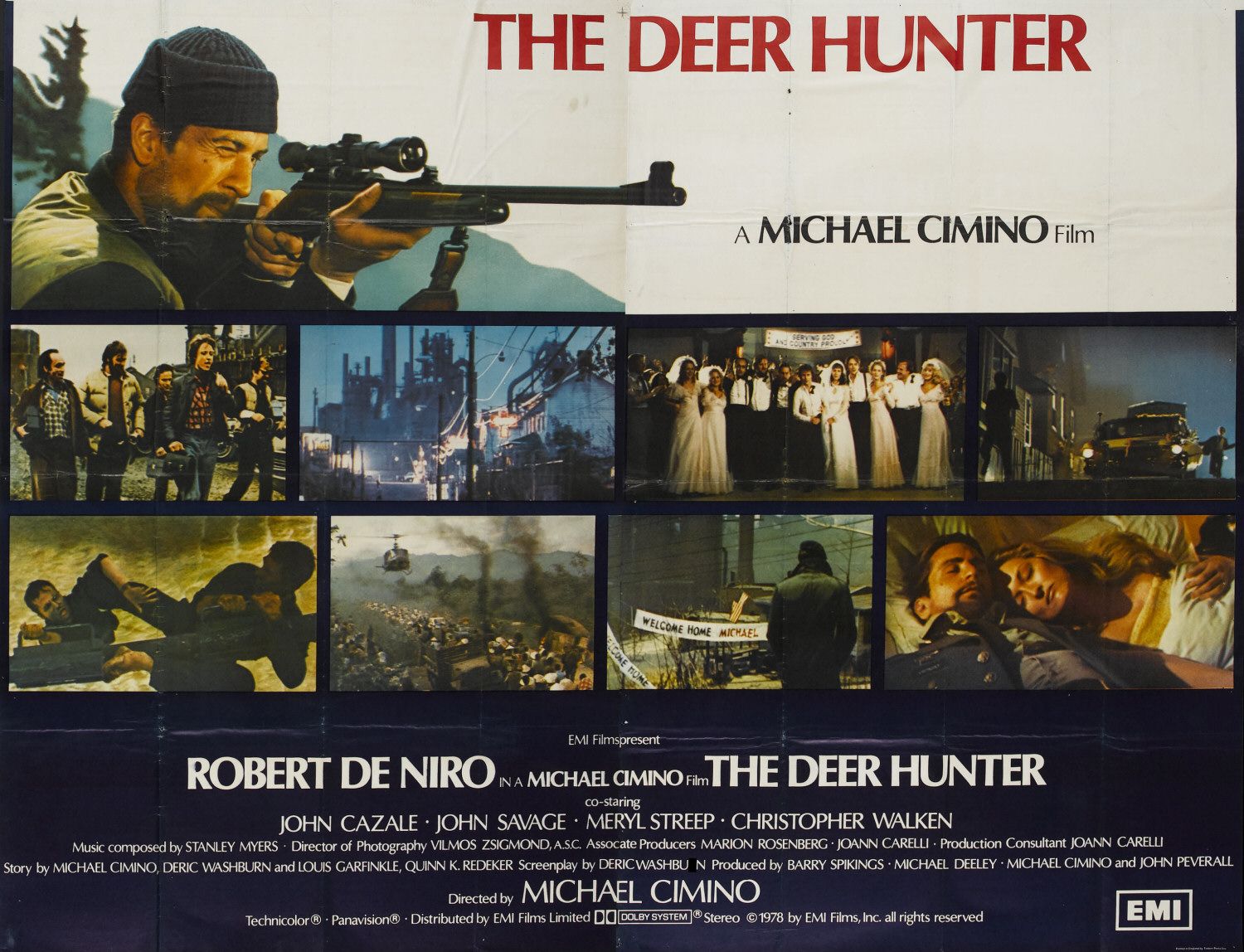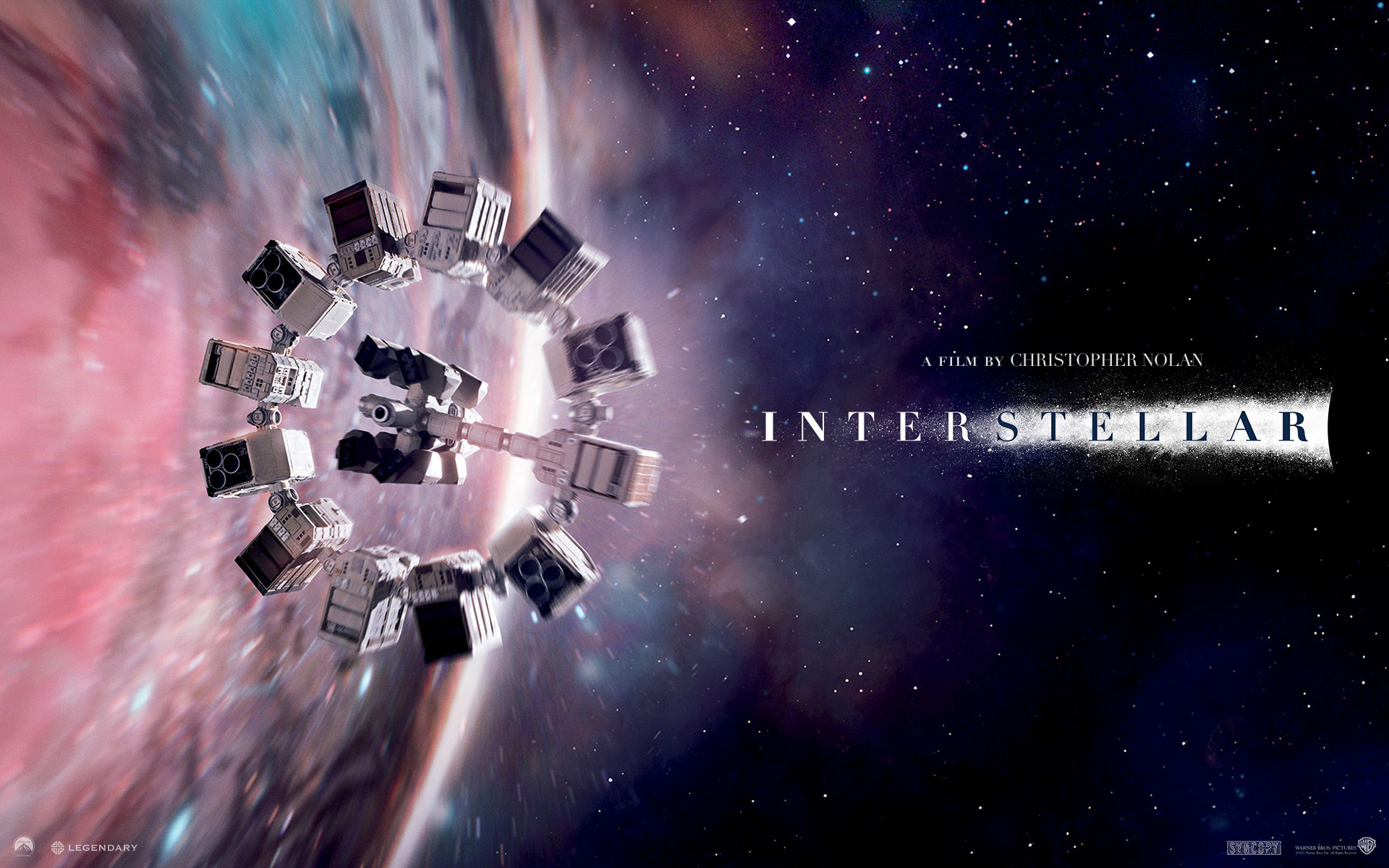
How to Build a Universe That Doesn't Fall Apart Two Days Later
by Philip K. Dick, 1978
Well, I will tell you what interests me, what I consider important. I can't claim to be an authority on anything, but I can honestly say that certain matters absolutely fascinate me, and that I write about them all the time. The two basic topics which fascinate me are "What is reality?" and "What constitutes the authentic human being?" Over the twenty-seven years in which I have published novels and stories I have investigated these two interrelated topics over and over again. I consider them important topics. What are we? What is it which surrounds us, that we call the not-me, or the empirical or phenomenal world?
...
In 1951, when I sold my first story, I had no idea that such fundamental issues could be pursued in the science fiction field. I began to pursue them unconsciously. My first story had to do with a dog who imagined that the garbagemen who came every Friday morning were stealing valuable food which the family had carefully stored away in a safe metal container. Every day, members of the family carried out paper sacks of nice ripe food, stuffed them into the metal container, shut the lid tightly—and when the container was full, these dreadful-looking creatures came and stole everything but the can.
Finally, in the story, the dog begins to imagine that someday the garbagemen will eat the people in the house, as well as stealing their food. Of course, the dog is wrong about this. We all know that garbagemen do not eat people. But the dog's extrapolation was in a sense logical—given the facts at his disposal. The story was about a real dog, and I used to watch him and try to get inside his head and imagine how he saw the world. Certainly, I decided, that dog sees the world quite differently than I do, or any humans do. And then I began to think, Maybe each human being lives in a unique world, a private world, a world different from those inhabited and experienced by all other humans. And that led me to wonder, if reality differs from person to person, can we speak of reality singular, or shouldn't we really be talking about plural realities? And if there are plural realities, are some more true (more real) than others? What about the world of a schizophrenic? Maybe, it's as real as our world. Maybe we cannot say that we are in touch with reality and he is not, but should instead say, his reality is so different from ours that he can't explain his to us, and we can't explain ours to him. The problem, then, is that if subjective worlds are experienced too differently, there occurs a breakdown of communication... and there is the real illness.
...
It was always my hope, in writing novels and stories which asked the question "What is reality?", to someday get an answer. This was the hope of most of my readers, too. Years passed. I wrote over thirty novels and over a hundred stories, and still I could not figure out what was real. One day a girl college student in Canada asked me to define reality for her, for a paper she was writing for her philosophy class. She wanted a one-sentence answer. I thought about it and finally said,
"Reality is that which, when you stop believing in it, doesn't go away." That's all I could come up with. That was back in 1972. Since then I haven't been able to define reality any more lucidly.
But the problem is a real one, not a mere intellectual game. Because today we live in a society in which spurious realities are manufactured by the media, by governments, by big corporations, by religious groups, political groups—and the electronic hardware exists by which to deliver these pseudo-worlds right into the heads of the reader, the viewer, the listener. Sometimes when I watch my eleven-year-old daughter watch TV, I wonder what she is being taught. The problem of miscuing; consider that. A TV program produced for adults is viewed by a small child. Half of what is said and done in the TV drama is probably misunderstood by the child. Maybe it's all misunderstood. And the thing is, Just how authentic is the information anyhow, even if the child correctly understood it? What is the relationship between the average TV situation comedy to reality? What about the cop shows? Cars are continually swerving out of control, crashing, and catching fire. The police are always good and they always win.
Do not ignore that point: The police always win. What a lesson that is. You should not fight authority, and even if you do, you will lose. The message here is, be passive. And—cooperate. If Officer Baretta asks you for information, give it to him, because Officer Beratta is a good man and to be trusted. He loves you, and you should love him.
So I ask, in my writing, What is real? Because unceasingly we are bombarded with pseudo-realities manufactured by very sophisticated people using very sophisticated electronic mechanisms. I do not distrust their motives; I distrust their power. They have a lot of it. And it is an astonishing power: that of creating whole universes, universes of the mind. I ought to know. I do the same thing. It is my job to create universes, as the basis of one novel after another. And I have to build them in such a way that they do not fall apart two days later. Or at least that is what my editors hope. However, I will reveal a secret to you: I like to build universes which do fall apart. I like to see them come unglued, and I like to see how the characters in the novels cope with this problem. I have a secret love of chaos. There should be more of it. Do not believe—and I am dead serious when I say this—do not assume that order and stability are always good, in a society or in a universe. The old, the ossified, must always give way to new life and the birth of new things. Before the new things can be born the old must perish. This is a dangerous realization, because it tells us that we must eventually part with much of what is familiar to us. And that hurts. But that is part of the script of life. Unless we can psychologically accommodate change, we ourselves begin to die, inwardly. What I am saying is that objects, customs, habits, and ways of life must perish so that the authentic human being can live. And it is the authentic human being who matters most, the viable, elastic organism which can bounce back, absorb, and deal with the new.
...
The basic tool for the manipulation of reality is the manipulation of words. If you can control the meaning of words, you can control the people who must use the words. George Orwell made this clear in his novel 1984. But another way to control the minds of people is to control their perceptions. If you can get them to see the world as you do, they will think as you do. Comprehension follows perception. How do you get them to see the reality you see? After all, it is only one reality out of many. Images are a basic constituent: pictures. This is why the power of TV to influence young minds is so staggeringly vast. Words and pictures are synchronized. The possibility of total control of the viewer exists, especially the young viewer. TV viewing is a kind of sleep-learning. An EEG of a person watching TV shows that after about half an hour the brain decides that nothing is happening, and it goes into a hypnoidal twilight state, emitting alpha waves. This is because there is such little eye motion. In addition, much of the information is graphic and therefore passes into the right hemisphere of the brain, rather than being processed by the left, where the conscious personality is located. Recent experiments indicate that much of what we see on the TV screen is received on a subliminal basis. We only imagine that we consciously see what is there. The bulk of the messages elude our attention; literally, after a few hours of TV watching, we do not know what we have seen. Our memories are spurious, like our memories of dreams; the blank are filled in retrospectively. And falsified. We have participated unknowingly in the creation of a spurious reality, and then we have obligingly fed it to ourselves. We have colluded in our own doom.
And—and I say this as a professional fiction writer—the producers, scriptwriters, and directors who create these video/audio worlds do not know how much of their content is true. In other words, they are victims of their own product, along with us. Speaking for myself, I do not know how much of my writing is true, or which parts (if any) are true. This is a potentially lethal situation. We have fiction mimicking truth, and truth mimicking fiction. We have a dangerous overlap, a dangerous blur. And in all probability it is not deliberate. In fact, that is part of the problem. You cannot legislate an author into correctly labelling his product, like a can of pudding whose ingredients are listed on the label... you cannot compel him to declare what part is true and what isn't if he himself does not know.
...

If any of you have read my novel Ubik, you know that the mysterious entity or mind or force called Ubik starts out as a series of cheap and vulgar commercials and winds up saying:
I am Ubik. Before the universe was I am. I made the suns. I made the worlds. I created the lives and the places they inhabit; I move them here, I put them there. They go as I say, they do as I tell them. I am the word and my name is never spoken, the name which no one knows. I am called Ubik but that is not my name. I am. I shall always be.
It is obvious from this who and what Ubik is; it specifically says that it is the word, which is to say, the Logos. In the German translation, there is one of the most wonderful lapses of correct understanding that I have ever come across; God help us if the man who translated my novel Ubik into German were to do a translation from the koine Greek into German of the New Testament. He did all right until he got to the sentence "I am the word." That puzzled him. What can the author mean by that? he must have asked himself, obviously never having come across the Logos doctrine. So he did as good a job of translation as possible. In the German edition, the Absolute Entity which made the suns, made the worlds, created the lives and the places they inhabit, says of itself:
I am the brand name.
Had he translated the Gospel according to Saint John, I suppose it would have come out as:
When all things began, the brand name already was. The brand name dwelt with God, and what God was, the brand name was.
...
Such is the fate of an author who hoped to include theological themes in his writing. "The brand name, then, was with God at the beginning, and through him all things came to be; no single thing was created without him." So it goes with noble ambitions. Let's hope God has a sense of humor.
Or should I say, Let's hope the brand name has a sense of humor.
Link to Read the Entire Speech
More:
Check out
Philip K. Dick Fansite




